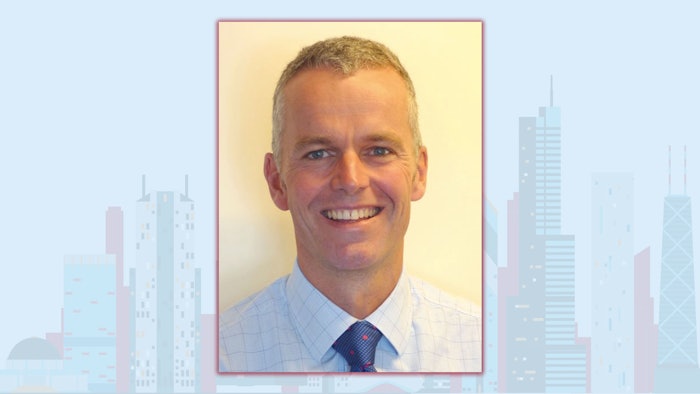Supporting surgeons when surgery doesn’t go as planned
Adverse surgical events can contribute to surgeon burnout and depression.

Surgical teams have become adept at anticipating and preparing for adverse surgical events and considering contingencies in the surgical care of patients. Less attention has been paid to preparing surgeons for the psychological experience when things go wrong, which will inevitably happen to anyone who performs surgery.
“On both sides of the Atlantic, organizations that employ surgeons have been woefully slow to address how surgeons feel after an adverse event. Lots of effort goes into how the patient feels and fulfilling legal responsibilities, but there is little concern for how the surgeon might be feeling and what support they might need to return to flourishing,” said Kevin Turner, MD, who will present the The Journal of Urology® Lecture, “Surgery Harms Surgeons,” from 10:40-10:55 a.m. on Saturday, April 29.
Dr. Turner has published in the The Journal of Urology® on this topic and is a consultant urological surgeon in the department of urology at Royal Bournemouth Hospital and visiting professor at Bournemouth University.
In Saturday’s lecture, he will explore the psychological impact adverse events have on surgeons, with evidence from the literature, including how adverse surgical events can impact personal wellbeing and contribute to the incidence of surgeon burnout and depression.
He will also explore the ripple effects caused by these events. “Psychological impact becomes professional impact because there's evidence that adverse events affect surgeons’ decision making. They can become overly cautious, test obsessively or avoid operations they had previously performed without problems,” Dr. Turner said. “If surgeons are not firing on all cylinders, it’s detrimental to the people who pay their wages.”
Dr. Turner noted that many professional meetings review what happened to a patient and what could have gone better during surgery after an adverse event but include little to no surgical emotional consideration.
“There's plenty of: ‘What did you do? What could you have done better?’ and yet, we now know that the ‘How are you?’ question is really important, not just for surgeons and individuals, but for their future patients,” he said. “If surgeons are cared for better in the aftermath of an adverse event, everyone wins.”
Dr. Turner will offer suggestions for how surgeons and institutions can be proactive, including offering high-quality peer-to-peer support, which goes far beyond the simple: “Bad things happen to good surgeons. Get back in the operating theater and everything will be okay.”
“Even a cursory knowledge of modern occupational psychology will tell us that sometimes if you're lucky, that approach might be good. Often, it's bad. And even when it's good, it's not enough. We can do so much better,” he said.